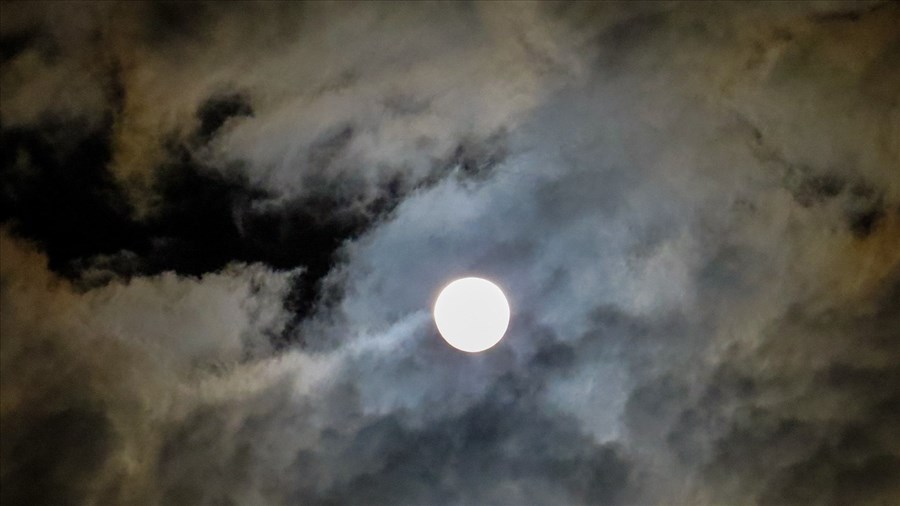Fear of Friday the 13th
Are you paraskevidekatriaphobic?
Did you check your calendar this morning? You might have guessed that this word refers to the fear of Friday the 13th.
Its etymology comes from Greek: paraskevi (Friday), decatreis (thirteen), and, of course, the commonly used phóbos, which means fear.
This is the second Friday the 13th of the year 2024; the first was in September. The upcoming year will only have one, in June.
While some cultures consider this superstition a sign of good luck, here, it’s quite the opposite: Friday the 13th is seen as downright unlucky. The most incredible calamities might befall you, especially if you happen to walk under a ladder and spot a black cat on the same day!
The most widespread origin of this superstition comes from Christianity. The blame for this cursed day is often placed on Judas Iscariot. On the eve of Jesus’s crucifixion, which occurred on a Friday, the Son of God gathered his 12 apostles for his Last Supper, totaling 13 participants. Judas is labeled as the thirteenth, the one who didn’t belong—the traitor who sold Jesus to the high priests of Jerusalem.
Sitting 13 at a table is often seen as a sign of bad luck. In antiquity, the Greeks and Romans revered the number 12, considering it perfect: 12 gods, 12 tribes of Israel, 12 labors of Hercules, 12 constellations, 12 zodiac signs, 12 hours of day and 12 of night. Conversely, the number 13 disrupts the order and harmony created by 12. In Norse mythology, the Vikings dreaded the number 13 after the god Loki, the 13th to arrive at Odin’s banquet, killed the god Balder with a direct hit to the heart.
This fear of the number 13 might explain why it’s rarely used in common expressions. One exception is “a baker’s dozen,” which means “a little extra.” This phrase comes from 13th-century England, when King Henry III passed The Baker’s Dozen law, requiring bakers to include a thirteenth loaf for customers buying twelve.
Speaking of food, there’s a tradition that says eating crêpes on a Friday the 13th will keep financial troubles away until the next Friday the 13th. However, it doesn’t specify how many crêpes to eat. Perhaps it’s 13 to the dozen!
Sources: Wikipedia, I-Calendrier, Futura Sciences, GDT-Vitrine Linguistique.







